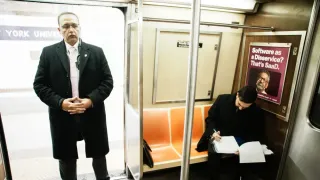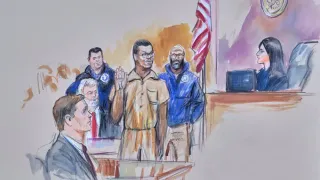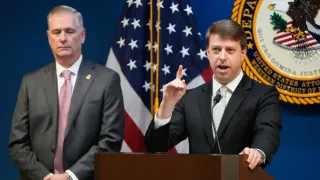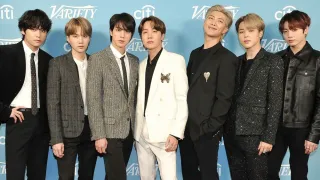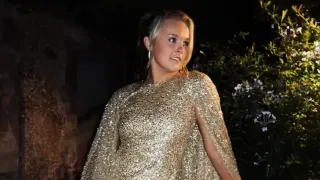September 10, 2016
Lesbian Mother Allowed to Seek Visitation and Custody
John Riley READ TIME: 2 MIN.
A woman who helped raise a son with her former partner will be able to seek visitation rights and sue for joint legal custody, following a decision by the New York State Court of Appeals, which overturned a precedent from 1991, when the court ruled that an unmarried, non-biological, non-adoptive parent in a same-sex relationship was considered a "legal stranger" to the child.
The woman, Brooke B., met her former partner, Elizabeth C., in 2006 and the two settled in upstate New York. The pair became engaged but were never married, as same-sex marriage was not legal in New York at the time. The women agreed to have a child via an anonymous sperm donor, and Elizabeth became pregnant in 2008. After the boy was born, the couple raised him together. When they ended their relationship in 2010, Brooke continued to co-parent their son from a nearby home. But in 2013, Elizabeth cut off contact between Brooke and the boy. Brooke sued for custody and visitation rights, but the family court dismissed her complaint, saying its hands were tied by 1991's Alison D. v. Virginia M., in which a non-biological lesbian mother was not permitted to file for custody or visitation of her children.
Lambda Legal, which represented Brooke, had argued before the Court of Appeals that New York's legal standards were inconsistent and did not account for non-traditional families, such as those headed by same-sex couples. The court agreed.
"We agree that, in light of more recently delineated legal principles, the definition of 'parent' established by this Court 25 years ago in Alison D. has become unworkable when applied to increasingly varied familial relationships," Judge Sheila Abdus-Salaam wrote on behalf of the majority. "Accordingly, today, we overrule Alison D. and hold that where a partner shows by clear and convincing evidence that the parties agreed to conceive a child and to raise the child together, the non-biological, non-adoptive partner has standing to seek visitation and custody under [New York's Domestic Relations law]." The ruling also applies to a second case, this one also involving lesbian parents in a custody dispute.
"This is a landmark change in New York for children born to same-sex and other couples who couldn't or didn't marry and who later split up, without any protection under the law for the critical ongoing relationships between the non-biological parents and their children," Lambda Legal's National Director of Constitutional Litigation Susan Sommer said in a statement. "We are extremely gratified that Brooke will finally have her day in court to establish that she is the parent of the son she cherishes. We are eager for them to be reunited as soon as possible. The attorney for the child in the case has led the charge in the courts to have the boy reunited with his second parent."
 Copyright MetroWeekly. For more articles from MetroWeekly visit
Copyright MetroWeekly. For more articles from MetroWeekly visit 